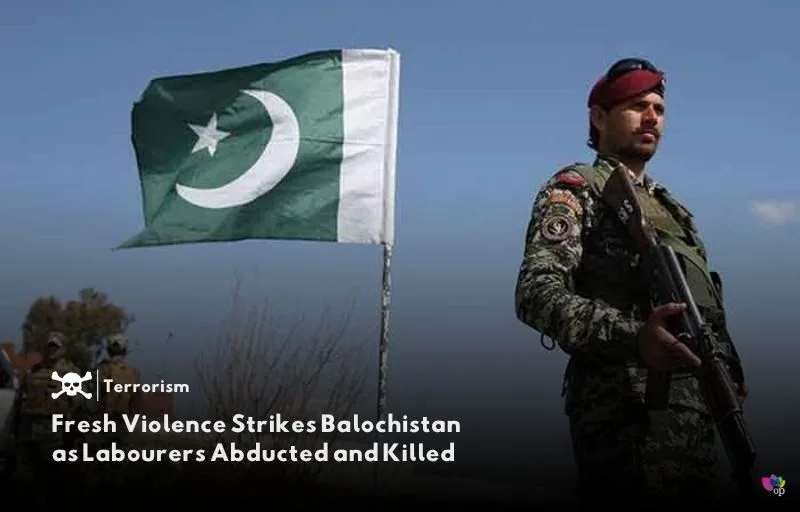Balochistan experienced a new wave of violence on Sunday (29 September), with two major attacks targeting laborers in Musakhail and Panjgur. In the Musakhail district, armed assailants abducted more than 20 laborers from a camp associated with a gas company after setting eight bulldozers on fire. Hours earlier, in Panjgur, seven laborers were shot dead by unidentified gunmen while staying in a residential area. Police confirmed that the attackers stormed the house in Khuda-e-Abadan, killing seven people and injuring one.
Following the Panjgur attack, the victims were transported to Panjgur District Hospital, while law enforcement launched a search operation to locate the perpetrators. These violent incidents underscore the severe security challenges facing Balochistan, a province already struggling with a rise in terrorist attacks. The province has seen a steady increase in violence, much like Khyber Pakhtunkhwa, as the country grapples with a growing number of violent incidents.
Last month, a similar tragedy occurred in Musakhail, where 23 passengers were killed after being forcibly removed from their buses. The Centre for Research and Security Studies (CRSS) reported that in the second quarter of the year, Pakistan recorded 380 deaths and 220 injuries related to violence, impacting civilians, security forces, and outlaws. These ongoing attacks reflect the broader instability and security issues plaguing the country.
In response to the Panjgur attack, both President Asif Ali Zardari and Prime Minister Shehbaz Sharif condemned the killings, calling the targeting of innocent laborers a despicable act. The Prime Minister reaffirmed the government’s commitment to eradicating terrorism and ensuring peace. The situation in Balochistan remains tense as authorities work to bring those responsible for the recent attacks to justice.
References



Thank you for your sharing. I am worried that I lack creative ideas. It is your article that makes me full of hope. Thank you. But, I have a question, can you help me?
Can you be more specific about the content of your article? After reading it, I still have some doubts. Hope you can help me.